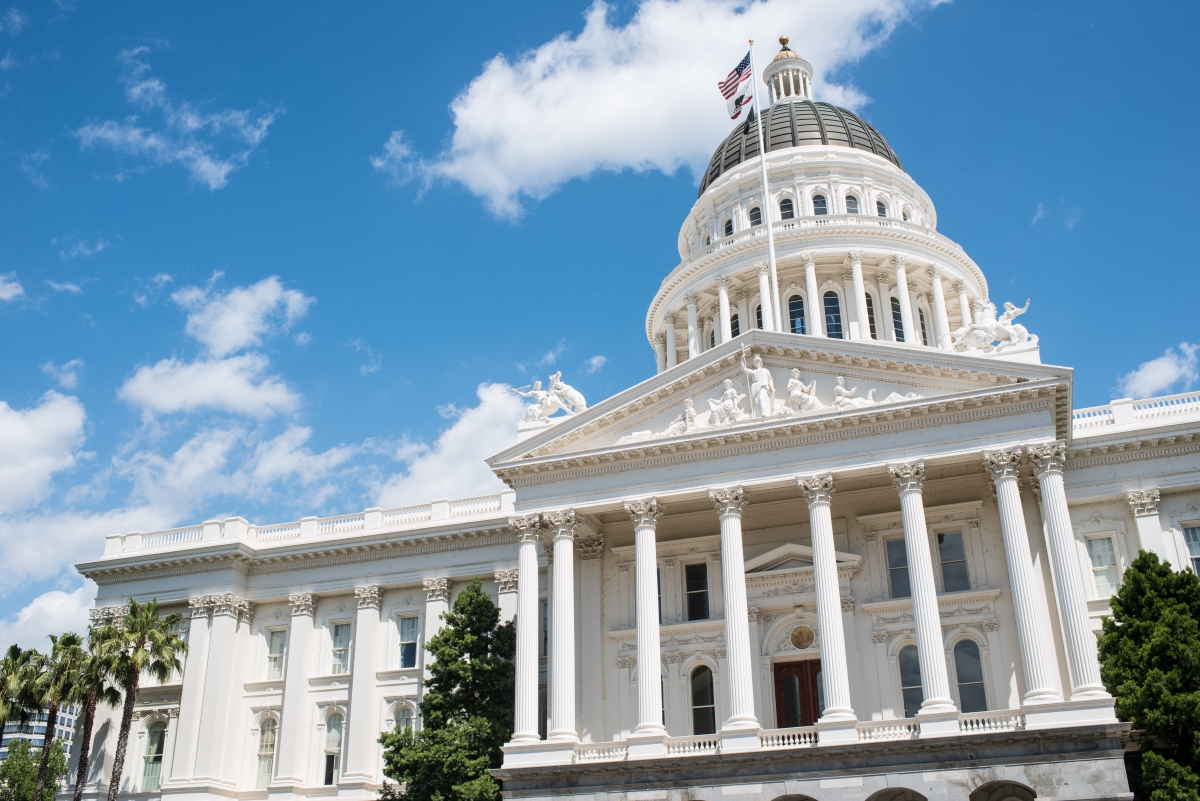By: Michael Green, Manager, State Government Relations, Food Marketing Institute
 Former Speaker of the U.S. House of Representatives, Tip O’Neill, Jr., once quipped that “all politics is local.” That phrase has taken a literal turn in recent years as cities, counties and towns have seized the policymaking initiative. From plastic bag bans to beverage taxes, minimum wage increases to mandatory scheduling requirements, issues that impact retailers are increasingly emanating not just from Washington, D.C. and state capitols, but from city councils and mayors’ offices around the country as well.
Former Speaker of the U.S. House of Representatives, Tip O’Neill, Jr., once quipped that “all politics is local.” That phrase has taken a literal turn in recent years as cities, counties and towns have seized the policymaking initiative. From plastic bag bans to beverage taxes, minimum wage increases to mandatory scheduling requirements, issues that impact retailers are increasingly emanating not just from Washington, D.C. and state capitols, but from city councils and mayors’ offices around the country as well.
Discussion of local issues was a critical part of the 2017 FMI State Issues Retreat in Leesburg, Virginia. The conference, which brings together food retail grocery associations and grocery company government relations professionals from each state, was held July 31 to August 2 at the Lansdowne Resort. On Tuesday, August 1, Jennifer Gardner, the government relations manager at Retail Business Services, an Ahold Delhaize Company, and Noreen Otto, vice president of government affairs for Hy-Vee, led a discussion about one tool retailers can use to combat the rising tide of local legislation: preemption.
The National League of Cities defines “preemption” as the use of state law to nullify a municipal ordinance or authority. State preemption can span many policy areas including environmental regulation (such as plastic bag bans) and labor laws (such as minimum wage, scheduling, and paid leave). Preemption is an important tool for retailers because it prevents the development of a patchwork quilt of varying municipal regulations on the same topic, which can increase customer confusion and bring a variety of compliance challenges and costs to businesses.
But pushing for preemption is not without its pitfalls. It risks raising awareness of an issue and creating problems where none may have existed. For instance, in Iowa, a failed minimum wage preemption effort in 2016 put municipalities in the state on notice that their time to act on that issue may be running out, leading to a flurry of action by Iowa counties to raise their minimum wages in 2017. Although the state did finally enact preemption this year, the uncertainty surrounding if and when it would get done created a complex and controversial political environment.
With these factors in mind, grocers in Tennessee decided not to seek state preemption of local plastic bag bans this session.
Retreat attendees additionally highlighted an often under-appreciated aspect of preemption: enforcement. Specifically, what happens when a locality decides to ignore state preemption and passes a law anyway? This situation is playing out in Florida, where local governments are prohibited by state statute from regulating plastic bags. However, this prohibition did not stop the city of Coral Gables from unanimously approving the first single-use plastic bag ban in the state in May. Businesses are now forced to turn to lawsuits and the Florida court system to block the law from taking effect, but such lawsuits are costly and carry the risk of a contrary decision.
All in all, retailers and state associations at the FMI State Issues Retreat agreed that local preemption on key issues can help relieve the regulatory burden facing businesses and should be pursued when the political climate is favorable. But retailers should go into the legislative fight with their eyes to open to the potential risks and to the enforcement challenges that success may bring.


 Industry Topics address your specific area of expertise with resources, reports, events and more.
Industry Topics address your specific area of expertise with resources, reports, events and more.
 Our Research covers consumer behavior and retail operation benchmarks so you can make informed business decisions.
Our Research covers consumer behavior and retail operation benchmarks so you can make informed business decisions.
 Events and Education including online and in-person help you advance your food retail career.
Events and Education including online and in-person help you advance your food retail career.
 Food Safety training, resources and guidance that help you create a company food safety culture.
Food Safety training, resources and guidance that help you create a company food safety culture.
 Government Affairs work — federal and state — on the latest food industry policy, regulatory and legislative issues.
Government Affairs work — federal and state — on the latest food industry policy, regulatory and legislative issues.
 Get Involved. From industry awards to newsletters and committees, these resources help you take advantage of your membership.
Get Involved. From industry awards to newsletters and committees, these resources help you take advantage of your membership.
 Best practices, guidance documents, infographics, signage and more for the food industry on the COVID-19 pandemic.
Best practices, guidance documents, infographics, signage and more for the food industry on the COVID-19 pandemic.
